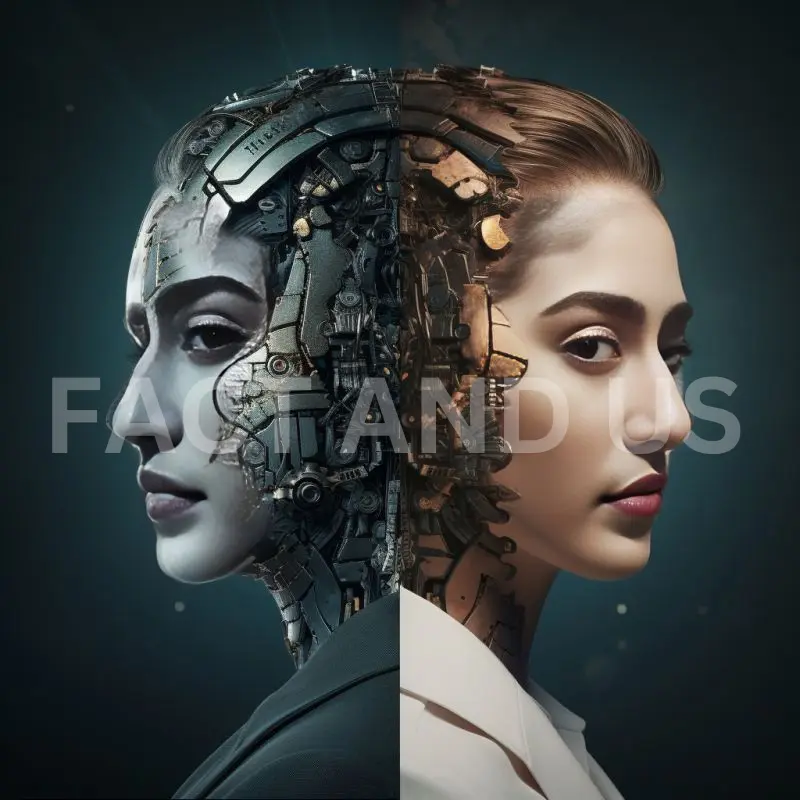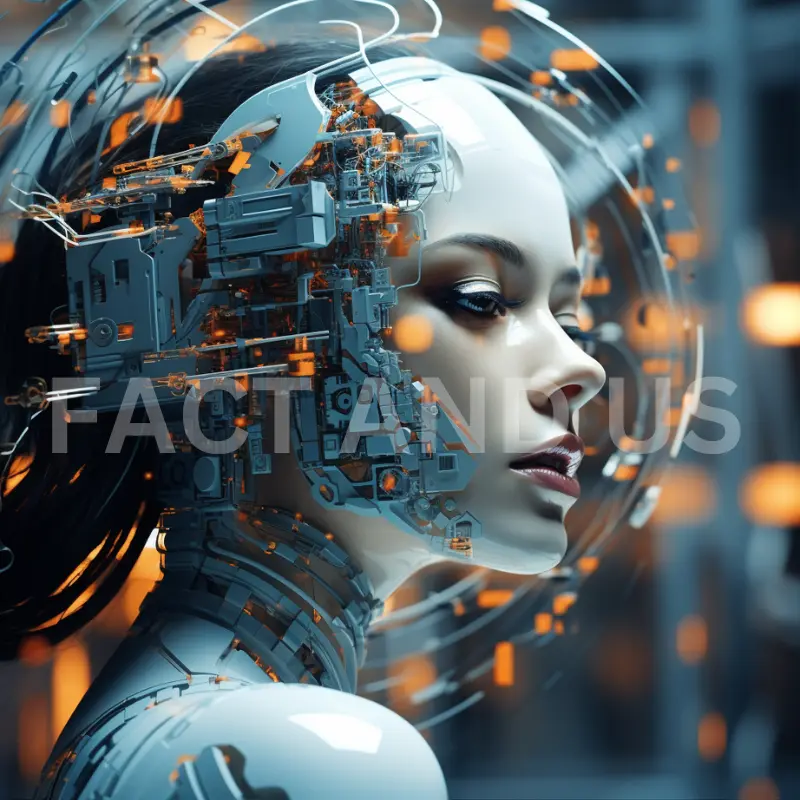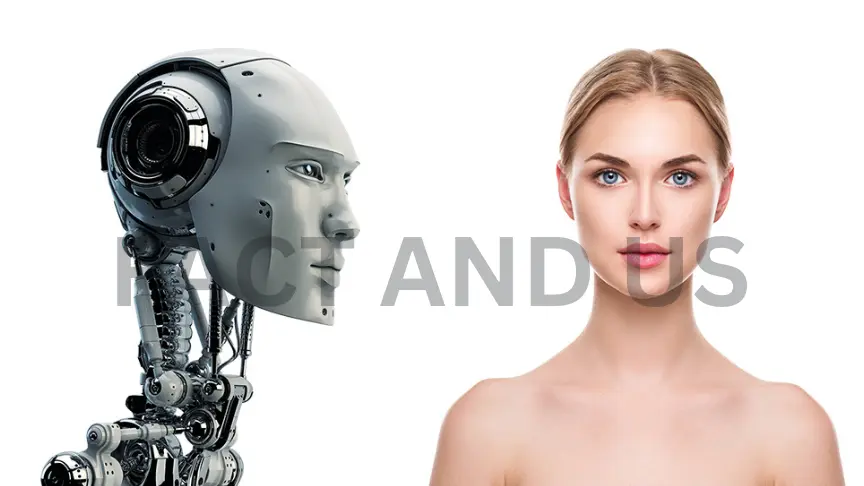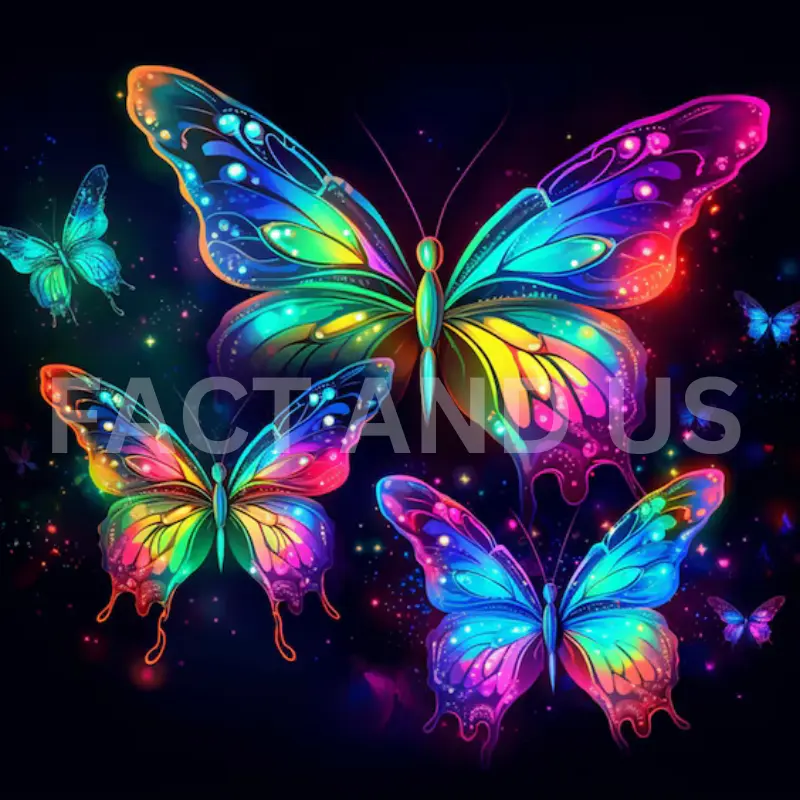Contents
Artificial Intelligence

“Miss Artificial Intelligence,” the first-ever beauty pageant for AI-generated influencers, is facing criticism as mental health and AI experts worry it sets a dangerous precedent. However, those behind the avatars insist that these creators exist—and inevitably flourish—only because real people set the problematic standards first. Ahead, Glamour investigates: Who’s to say what’s “real” anymore, anyway?
First artificial intelligence came for our jobs. Now it’s coming for beauty standards…by way of an AI-generated influencer beauty pageant. “I support the recognition and awarding of women in tech and would hope that those skills could be celebrated without having to include beauty and appearance as a qualifying factor,” Moser says. “Can’t we celebrate women for their abilities without making it about looks? “Officially known as the Fanvue World AI Creator Awards (WAICAs), the upcoming pageant is the world’s first ever beauty pageant for AI-generated influencers in partnership with content creator platform Fanvue, whose creator base includes both real people and AI.
Why start such a thing? According to WAICAS, they’ve “seen exponential growth in AI-generated creators joining its platform since the end of 2023,” with “digital superstars” garnering millions of followers on their platform, Instagram, and elsewhere, and this presents yet another lucrative opportunity.
It’s true. Digital “models” Emily Pellegrini and Aitana Lopez, for example, have a combined 591 thousand followers on Instagram, several real-life brand deals, and thousands of loyal subscribers who consistently pay for exclusive content. WAICAs says that the Lopez profile earns over $10,000 monthly, and it’s far from the only one: Its Instagram comments are inundated with thousands of fellow AI-generated content creators promoting access to their private pages for a price.Remarkably, it’s paying off.
The WAICAs expects the “AI creator economy,” which Fanvue has helped pioneer, to exceed the $1 billion mark this year. “This hasn’t been possible until recently; the technology simply wasn’t there,” a WAICAs spokesperson tells Glamour. “With the help of monetization platforms such as Fanvue, there’s been exponential growth in AI creators entering the space, growing their fanbases, and monetizing the connections they’re building with their audiences.”
Hence the creation of the “Miss AI” pageant, in which AI-generated contestants will be judged on “some of the classic aspects of pageantry” and the “the skill and implementation of AI tools used to create” the contestants. Also being considered is the AI creators’ “social media clout”—meaning they’re not just crowning the most “beautiful” avatar but also the most “influential.”
So…do we think Amazon’s Alexa will compete? (Sorry.)

All jokes aside, both Fanvue and the WAICAs are being met with criticism, especially since real beauty pageants are so problematic as is. “Concern for the impact of beauty pageants on mental health has been well documented and includes poor self-esteem, negative body image, and disordered eating,” says Ashley Moser, a licensed therapist and clinical education specialist at The Renfrew Center, and upping the ante by digitizing contestants’ “perfection” and “beauty” could set a dangerous precedent.
“These issues arise from the literal crowning of the ‘best’ version of what women ‘should’ be, specifically, beautiful and thin,” Moser adds. What’s more, it feels regressive—and quite frankly, offensive—to combine something so superficial and archaic with what’s an otherwise cutting-edge technological innovation.“I support the recognition and awarding of women in tech and would hope that those skills could be celebrated without having to include beauty and appearance as a qualifying factor,” Moser says. “Can’t we celebrate women for their abilities without making it about looks?
”WAICAs says it’s not like that, though. “The WAICA awards aim to raise the standard of the industry, focusing on celebrating diversity and realism,” the spokesperson says. “This isn’t about pushing unrealistic standards but realistic models that represent real people. We want to see AI models of all shapes, sizes, and backgrounds entering the awards—and that’s what the judges will be looking for.”

It is, however, a beauty pageant, which experts suspect will worsen harmful standards. “The proliferation of AI-driven standards exacerbates existing societal pressures on women to conform to unrealistic ideals,” says Natalie Bidnick Andreas, a UT Austin assistant communications professor who specializes in digital and AI-enhanced environments. “This constant exposure can lead to feelings of inadequacy and low self-esteem, as many women struggle to match the artificially enhanced appearances presented by AI influencers and social media personalities.”
Now for the massive caveat: AI can’t be blamed for everything. AI influencers and content creators exist—and inevitably flourish—only because real people set problematic standards first. In a world where filters and apps literally distort what we look like in photos and videos in real time—and more people are pursuing plastic surgery and injectables than ever before—it’s clear that when it comes to social media and beauty standards, there’s no telling what’s real anyway.
At this point, it’s no better than catfishing, and it’s gotten so bad that multiple Reddit groups and Instagram accounts are dedicated to exposing celebrities’ and influencers’ edited posts in which they look nothing like they do in real life (see: R/Instagram Reality).
When real people look fake and fake people look real, differentiating between them becomes harder everyday. I’m an internet-savvy millennial and even I double-check who’s human from time to time! But again, the technology isn’t what’s to blame here; the problem is content creators who look so edited that people like me unintentionally question their humanity.
“I believe the use of filters can be more harmful than an AI avatar that openly identifies as AI-generated,” says Aiyana, an AI influencer who didn’t wish to disclose their (real human) identity and plans to compete in the pageant. The WAICAs spokesperson agrees: “The difference with the standards AI set is that people know it’s generated by tech, versus the editing of real creators that has been set in the existing influencer industry.”
Pageant of the Future

Scheduled to take place on May 10, the Miss AI pageant promises to be a captivating spectacle, with the winners being announced later in the month during an online awards ceremony. The victor of this pioneering event will be crowned with a staggering $20,000 prize money, solidifying Miss AI’s status as the world’s first AI beauty pageant.
Judging Criteria: Beyond Mere Aesthetics
The AI-generated influencers will be evaluated based on a comprehensive set of criteria that goes beyond mere physical appearance. Their engagement numbers with fans, rate of audience growth, and utilization of platforms will be meticulously assessed, ensuring that the social clout of these virtual contestants is given due consideration.
A Star-Studded Judging Panel
Adding to the excitement, the Miss AI pageant will be judged by a panel of four esteemed individuals, including two AI influencers themselves – Aitana Lopez and Emily Pellegrini, boasting a combined following of over 550,000 on Instagram. The human judges, Andrew Bloch, an entrepreneur and PR adviser, and Sally-Ann Fawcett, a renowned beauty pageant historian and author, will provide their expertise and insights to this groundbreaking event.
Prizes and Recognition
The first prize of $5,000 cash, along with Fanvue promotion and PR support, await the crowned Miss AI winner (or the creator behind the AI influencer). The runner-up and third-place winners will also receive cash prizes, further incentivizing the creation of these virtual influencers.
Rules and Regulations
To ensure fairness and promote innovation, the contest rules mandate that all entrants must be 100% AI-generated, with no restrictions on the tools used. Creations produced from any type of generator, whether DeepAI, MidJourney, or a custom tool, are welcome to participate.
A Step into the Future

The Miss AI pageant is not just a singular event but a harbinger of more exciting developments in the world of AI-generated content. The organizers, World AI Creator Awards (WAICA), have plans to host additional contests centered around themes such as fashion, diversity, and computer-generated male models, further pushing the boundaries of what is possible with artificial intelligence.
As the beauty pageant historian, Sally-Ann Fawcett, aptly expressed her amazement at the possibilities of AI creators and the rapid learning curve she experienced, the Miss AI pageant serves as a testament to the ever-evolving landscape of technology and its intersection with human creativity.
